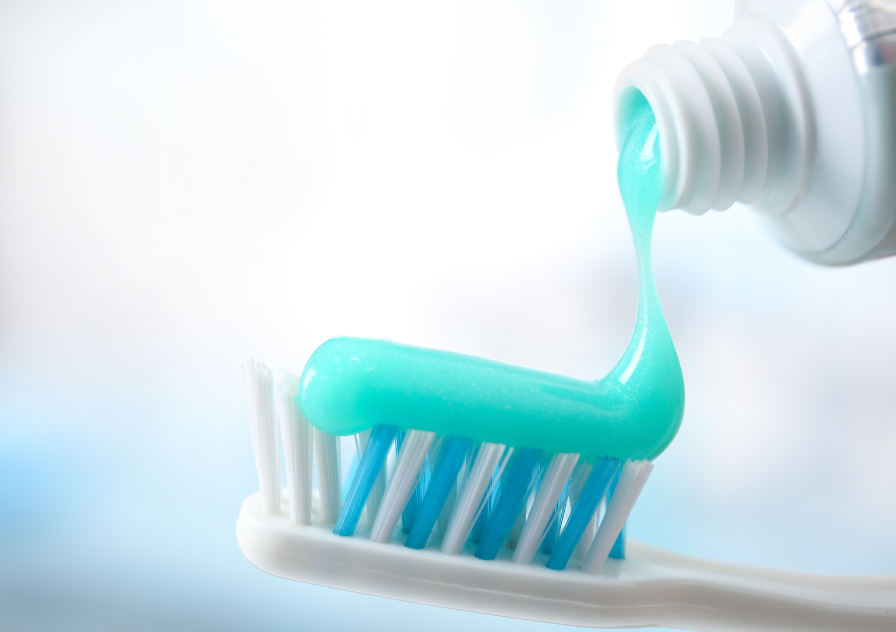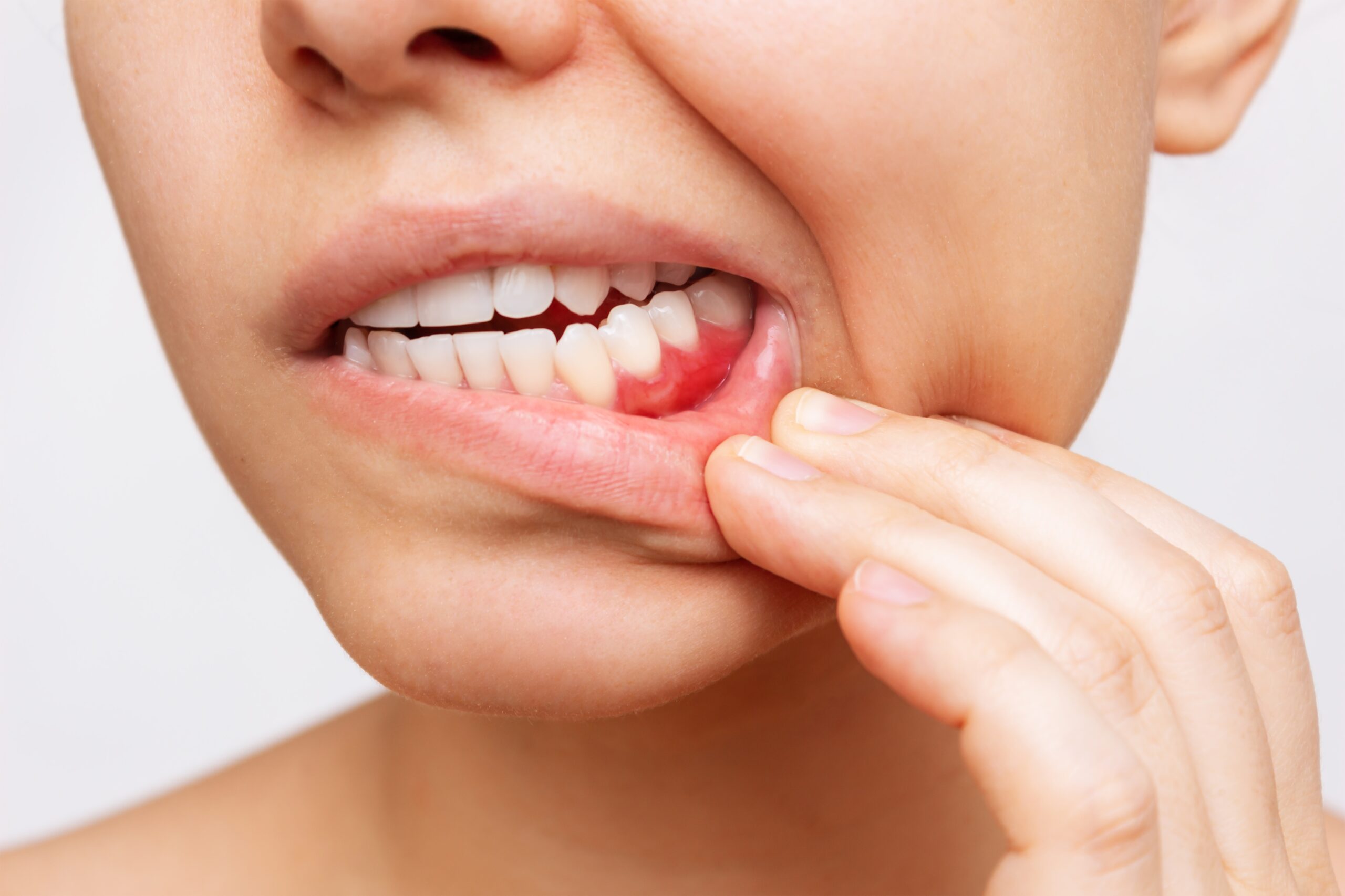Gum recession (when your gums pull away from your teeth) can make your teeth appear longer than usual. It’s a gradual condition that can be hard to spot at first, but it’s worth paying attention to.
Along with changes to the look of your smile, gum recession can also cause sensitivity, an uneven gum line, or expose the roots of your teeth, This makes them more vulnerable to decay and discomfort.
This guide will explain what gum recession is, ways to prevent it, and how to treat it.
What Causes Gum Recession?
There’s no single cause of gum recession, the following habits and health factors can cause gum recession:
- Brushing too hard or too long: Scrubbing your teeth aggressively might feel like you’re doing a good job, but it can actually wear away your gum tissue.
- Not brushing effectively enough: Plaque buildup that isn’t removed can lead to gum inflammation, disease, and eventually gum recession.
- Misaligned teeth: If too much pressure is placed on a tooth or teeth that are out of alignment this can break down the ligament holding the gums in place.
- Oral appliances: Braces, dentures, or even tongue and lip piercings can irritate your gums and contribute to recession, especially if they don’t fit well.
- Thin gum tissue: Some people naturally have less gum tissue or tighter muscle attachments (Frenum attachment) near the gumline that can pull gums back.
- Genetics and hormones: Some people are more susceptible to gum recession based on inherited traits or hormonal changes (like pregnancy and menopause).
Gum recession often progresses slowly, which is why it’s so easy to overlook until sensitivity or cosmetic concerns show up.
How Is Gum Recession Treated?
If gum recession becomes more advanced or causes discomfort, treatment is often handled by a periodontist (a dentist who specializes in gum health.) All of these treatments aim to restore gum health, protect the tooth roots, and improve your smile.
Here are a few common approaches:
Gum Grafting
A small piece of healthy tissue is attached to the area where gums have receded. This covers exposed roots and helps rebuild your natural gumline. Fine sutures are placed to hold the graft in place while it heals.
Bone Regeneration Procedures
Because gum recession often goes hand-in-hand with bone loss beneath the gumline, your specialist may recommend a regenerative procedure. This involves placing a small amount of bone graft, and a protective membrane, under the gum to encourage natural bone growth.
Pocket Reduction
If gum disease has created deep pockets between your teeth and gums, treatment may include gently lifting the gum to clean out harmful bacteria and encourage healthier attachment.
How to Prevent Gum Recession
The best way to protect your gums? Keep up with daily care and regular check-ins.
- Brush gently but thoroughly: Use a soft-bristled electric toothbrush and aim for two minutes twice a day. Focus on brushing along the gumline (not on it) without applying too much pressure.
- Floss or Waterpik daily: Flossing or Waterpiking removes plaque and food debris between teeth, keeping your gums healthy and inflammation-free.
- See your dentist regularly: Routine exams help catch gum problems early—before they progress.
If you’re prone to gum issues, your dentist may recommend more frequent cleanings or adjustments to your brushing technique or oral care tools.
If you’re experiencing symptoms or have questions, schedule a live video call with a Dentistry.One dentist.




